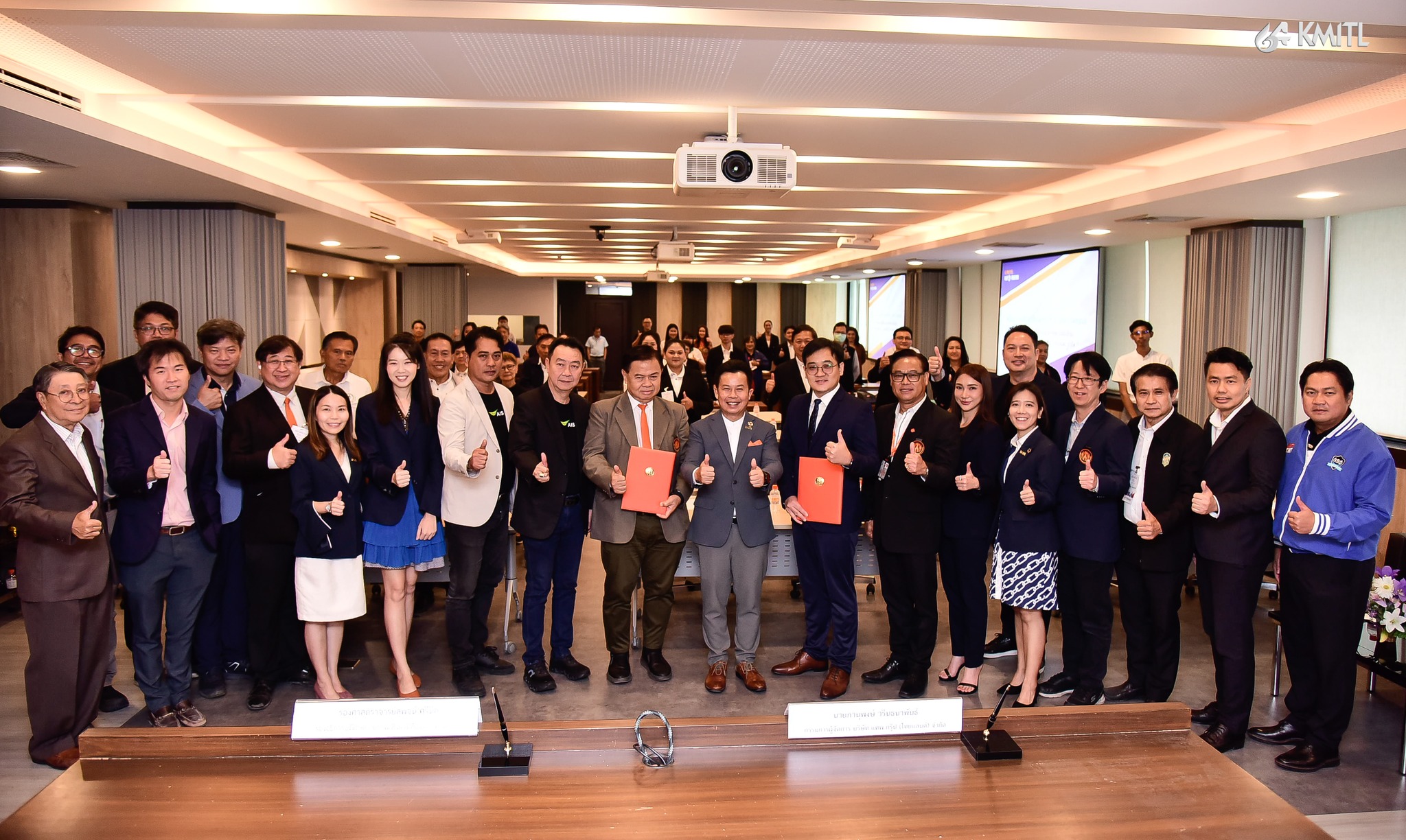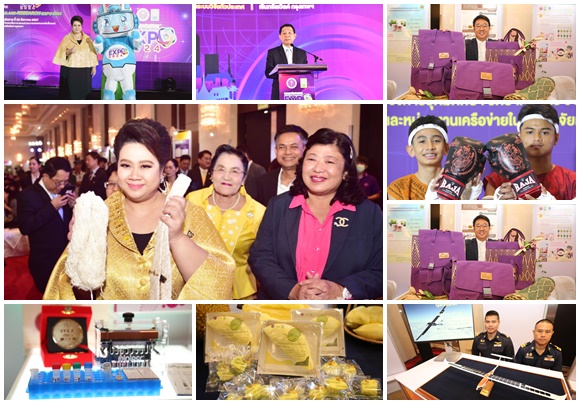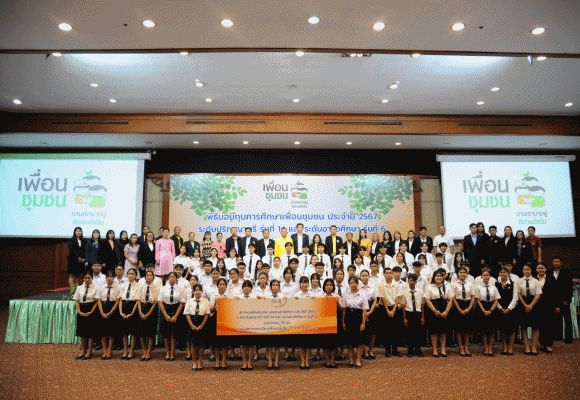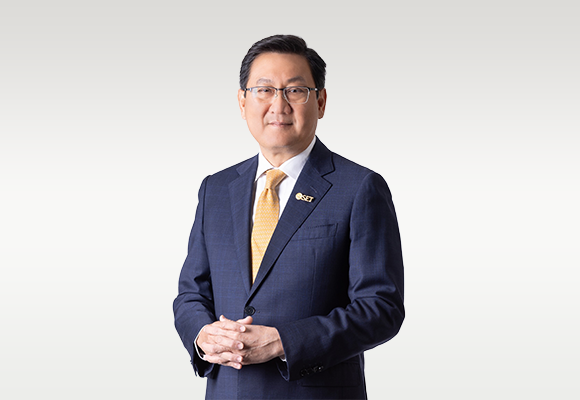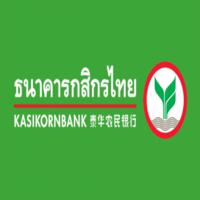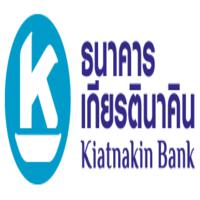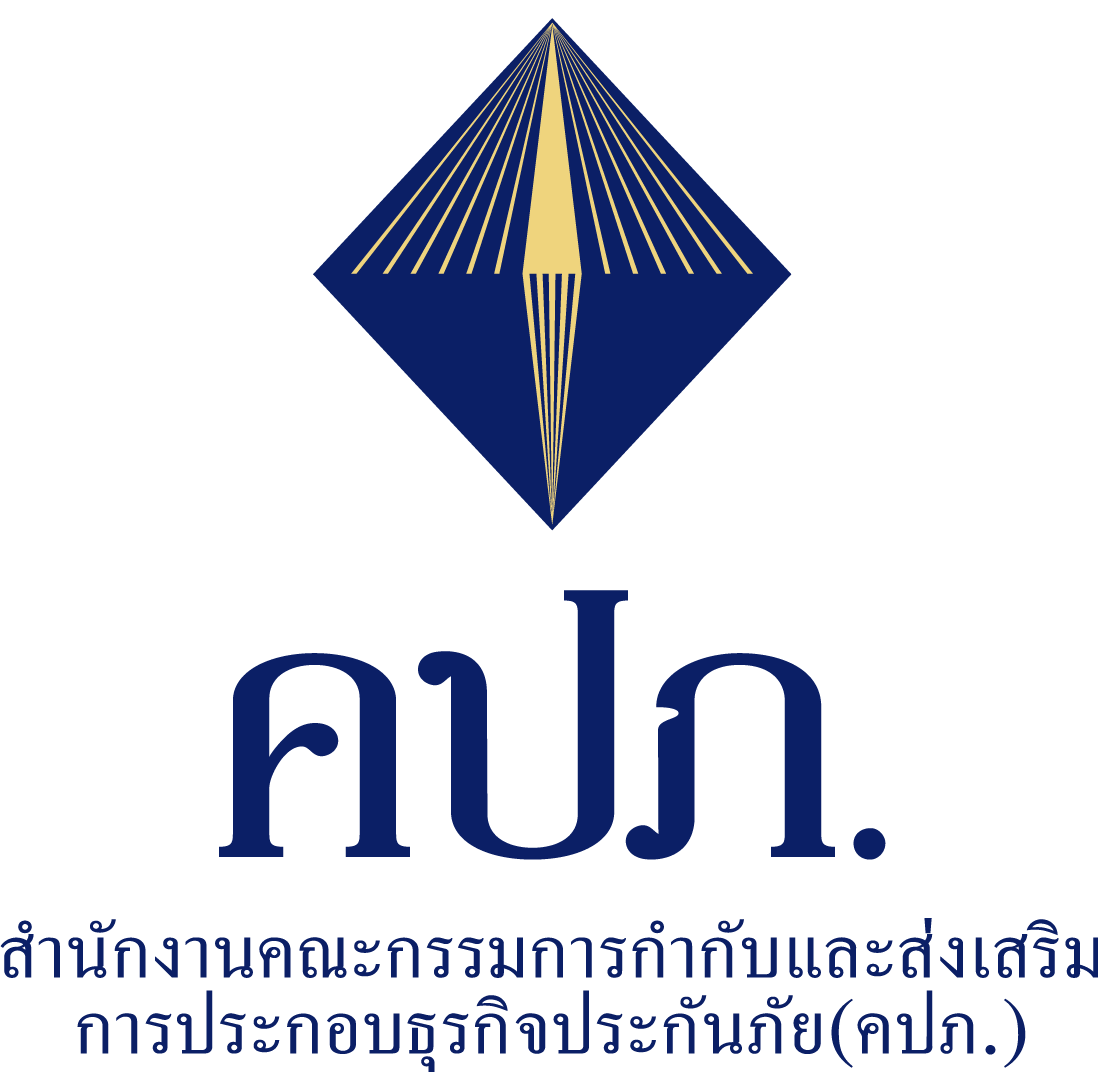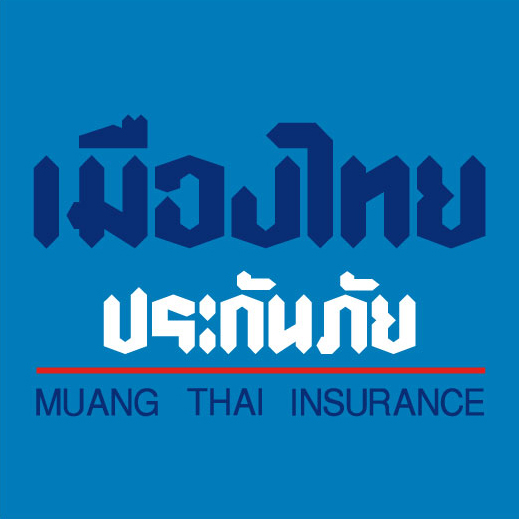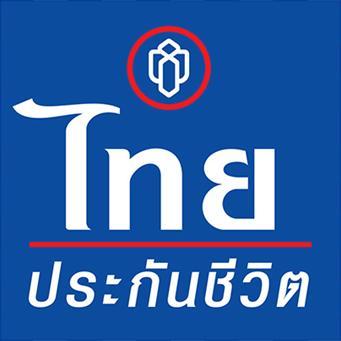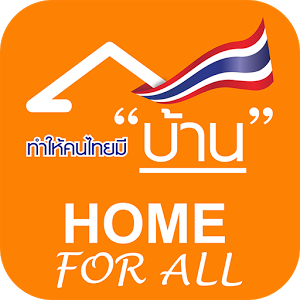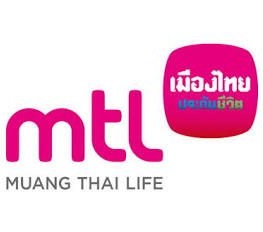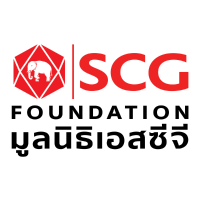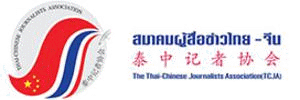- Details
- Category: บทความทั่วไป
- Published: Friday, 23 October 2015 22:01
- Hits: 5502

เจาะธุรกิจขานรับสังคมผู้สูงอายุ
จำนวนผู้สูงอายุที่เพิ่มขึ้นและปัจจัยด้านเศรษฐกิจสังคมที่เปลี่ยนไปส่งผลให้ความต้องการของธุรกิจดูแลผู้สูงอายุขยายตัว แม้ว่าไทยจะเป็นสังคมที่มีการปลูกฝังให้ลูกหลานมีหน้าที่ดูแลผู้สูงอายุในครอบครัว แต่ด้วยสัดส่วนผู้สูงอายุที่มากขึ้นสวนทางกับวัยทำงานที่ลดลงจึงทำให้ลูกหลานต้องทำงานมากขึ้นและมีเวลาดูแลผู้สูงอายุน้อยลง อีกทั้งการเพิ่มขึ้นของจำนวนผู้สูงอายุที่ต้องอยู่คนเดียวในอนาคตจากแนวโน้มการมีบุตรน้อยลงในปัจจุบัน
ธุรกิจดูแลผู้สูงอายุจะเป็นธุรกิจอันดับต้นๆ ที่ได้รับประโยชน์จากการเข้าสู่สังคมผู้สูงอายุ โดยคาดว่าในระยะแรกจะเป็นโอกาสของธุรกิจที่ให้บริการดูแลผู้สูงอายุเป็นระยะสั้นๆ เช่น การดูแลระหว่างวัน และการพักฟื้น อย่างไรก็ตาม ด้วยจำนวนผู้สูงอายุที่ยังน้อยทำให้การขยายตัวของบ้านพักคนชราสำหรับคนไทยในระยะสั้นจะยังเติบโตได้ไม่มากนัก ในขณะที่ระยะยาวนั้น ความต้องการที่พำนักระยะยาวจะมีโอกาสขยายตัวมากขึ้นซึ่งจะได้รับแรงผลักดันจากทั้งผู้สูงอายุคนไทยและชาวต่างชาติ ดังนั้น ผู้ประกอบการไทยควรเริ่มปรับตัวและติดตามพฤติกรรมของสังคมไทยที่จะเปลี่ยนไป รวมถึงศึกษารูปแบบธุรกิจที่เหมาะสมกับตลาดคนไทย
นอกจากจำนวนผู้สูงอายุที่เพิ่มขึ้นแล้วปัจจัยด้านเศรษฐกิจสังคมที่เปลี่ยนไปมีส่วนทำให้ธุรกิจด้านการดูแลผู้สูงอายุเติบโตอย่างก้าวกระโดด จำนวนประชากรสูงอายุทั่วโลกที่เพิ่มขึ้นอย่างรวดเร็วส่งผลให้ธุรกิจที่เกี่ยวข้องกับผู้สูงอายุในต่างประเทศมีการขยายตัวอย่างต่อเนื่อง โดยเฉพาะในประเทศที่พัฒนาแล้วอย่าง สหรัฐอเมริกา ญี่ปุ่น และสหราชอาณาจักร เนื่องจากประเทศเหล่านี้มีเทคโนโลยีทางการแพทย์ที่มีประสิทธิภาพทำให้อัตราการเสียชีวิตลดลงและอายุขัยของประชากรในประเทศเพิ่มขึ้น
ทั้งนี้ ประเทศในฝั่งตะวันตกที่พัฒนาแล้วจะมีความต้องการธุรกิจด้านการดูแลผู้สูงอายุมากกว่าประเทศในฝั่งตะวันออก เพราะลูกหลานจะให้ความสำคัญในการดูแลผู้สูงอายุที่ค่อนข้างน้อย อย่างไรก็ตาม ประเทศในเอเชียเริ่มมีแนวโน้มที่เปลี่ยนไปมากขึ้น ด้วยการเติบโตทางเศรษฐกิจและลักษณะความเป็นเมืองที่สูงขึ้นทำให้วัยทำงานโดยส่วนใหญ่มีเวลาในการดูแลพ่อแม่ที่ชราภาพน้อยลง เช่น ญี่ปุ่นเป็นประเทศที่เข้าสู่สังคมผู้สูงอายุอย่างเต็มที่ โดยมีสัดส่วนจำนวนประชากรสูงอายุมากกว่า 20% ของประชากรทั้งหมด ทั้งนี้ จากเดิมผู้หญิงญี่ปุ่นส่วนใหญ่จะอยู่บ้านและมีหน้าที่ดูแลผู้สูงอายุในครอบครัว แต่ปัจจุบันกลับต้องออกไปทำงานนอกบ้านมากขึ้น สะท้อนจากสัดส่วนผู้หญิงที่ออกไปทำงานเพิ่มขึ้น 3% ใน 10 ปีที่ผ่านมา ในขณะที่สัดส่วนผู้หญิงที่อยู่บ้านลดลงถึง 12% ส่งผลให้ธุรกิจดูแลผู้สูงอายุมีความต้องการมากขึ้นเรื่อยๆ ในช่วง 10 ปีที่ผ่านมา
ธุรกิจดูแลผู้สูงอายุแบ่งเป็น 2 ประเภทหลักๆ ตามลักษณะของสินค้าและบริการ ได้แก่ 1. ให้บริการการดูแลเป็นระยะเวลาสั้นๆ และ 2. จัดให้มีที่พำนักระยะยาว โดยประเภทแรกนั้นจะเน้นให้บริการการดูแลช่วยเหลือผู้สูงอายุในการใช้ชีวิตประจำวันทั้งในและนอกสถานที่ การจัดกิจกรรมพักผ่อนและการสร้างสังคมระหว่างหมู่เพื่อน ตลอดจนการให้บริการด้านการแพทย์สำหรับผู้สูงอายุที่มีโรคเรื้อรังและจำเป็นที่จะต้องมีการดูแลอย่างสม่ำเสมอ ในขณะที่ประเภทหลังเป็นการจัดให้มีที่พำนักระยะยาวโดยจะเน้นประเภทอสังหาริมทรัพย์ในรูปแบบบริการบ้านพักหรือห้องพักระยะยาวสำหรับผู้สูงอายุที่ต้องการย้ายถิ่นฐานเข้ามาในโครงการเพื่อความสะดวกสบายในการใช้ชีวิตหลังวัยเกษียณ โดยเฉพาะผู้สูงอายุที่อยู่คนเดียว
นอกจากนี้ รูปแบบการดูแลผู้สูงอายุยังมีข้อแตกต่างกันได้อีกตามระดับความต้องการการช่วยเหลือทางด้านต่างๆ ของผู้สูงอายุเอง เช่น ธุรกิจอสังหาริมทรัพย์สำหรับพำนักระยะยาวสามารถแบ่งเจาะกลุ่มตลาดเป็นแบบที่เน้นผู้สูงอายุที่สามารถดูแลตัวเองได้แต่ไม่มีครอบครัวหรืออยู่คนเดียวและอยากจะอยู่รวมกับผู้สูงอายุคนอื่นๆ ที่มีวัยใกล้เคียงกัน (active adult / independent living) หรือเป็นแบบที่เน้นผู้สูงอายุที่มีโรคเรื้อรังและต้องการการดูแลอย่างใกล้ชิดสม่ำเสมอ (assisted living) ทั้งนี้ ธุรกิจที่เน้นการให้บริการดูแลผู้สูงอายุในระยะสั้นหรือในแบบประเภทแรกก็สามารถแบ่งเจาะกลุ่มตลาดได้เช่นกัน อาทิ แบ่งเป็นการดูแลผู้สูงอายุที่กำลังพักฟื้นจากการรักษาตัวในโรงพยาบาล หรือกลุ่มที่ต้องการเพียงการดูแลแบบรายวัน (day care) โดยเฉพาะผู้สูงอายุที่อยู่บ้าน ไม่มีคนคอยดูแลระหว่างวัน และต้องการหากิจกรรมทำระหว่างวัน เป็นต้น
แม้ว่า ไทยจะเป็นสังคมที่ให้ความสำคัญกับผู้สูงอายุค่อนข้างมาก แต่ด้วยแนวโน้มการเติบโตของจำนวนประชากรสูงอายุในไทยที่สวนทางกับจำนวนประชากรวัยทำงานที่ลดลง ทำให้ลูกหลานจะต้องทำงานมากขึ้นและมีเวลาในการดูแลผู้สูงอายุน้อยลง ส่งผลให้มีความต้องการบริการดูแลผู้สูงอายุเพิ่มขึ้น โดยปัจจุบันไทยมีประชากรที่อายุมากกว่า 65 ปีเพียง 840,000 คน หรือประมาณ 9% ของประชากรทั้งประเทศ แต่จากอัตราการอยู่คนเดียวของผู้สูงอายุในไทยที่เพิ่มขึ้นสวนทางกับอัตราการเกิดที่ลดลงทำให้คาดว่าผู้สูงอายุไทยจะเพิ่มเป็น 18 ล้านคนในปี 2050 หรือ 27% ของประชากรทั้งหมด ซึ่งถือว่าไทยจะเข้าสู่สังคมสูงอายุแบบเต็มตัว และถึงแม้ว่าสังคมไทยจะให้ความสำคัญกับผู้สูงอายุ แต่จากการที่จำนวนสมาชิกในครอบครัวลดลงอย่างต่อเนื่อง และลูกหลานจะต้องออกไปทำงานนอกบ้านมากขึ้นจนทำให้มีเวลาในการดูแลผู้สูงอายุน้อยลง
ทั้งนี้ จีนเป็นประเทศที่ให้ความสำคัญกับผู้สูงอายุอย่างมากเช่นเดียวกับไทย แต่ด้วยการขยายตัวของเศรษฐกิจจีนทำให้ลูกหลานจำเป็นจะต้องออกเดินทางไปทำงานไกลบ้านและทอดทิ้งให้พ่อแม่ที่ชราภาพต้องดูแลตนเองมากขึ้น จนทำให้รัฐบาลจีนต้องมีการนำเอากฎหมายดูแลสิทธิสำหรับผู้สูงอายุมาใช้ (elderly rights law) เพื่อบังคับให้ลูกหลานกลับไปเยี่ยมและดูแลพ่อแม่ที่บ้านมากขึ้น ยิ่งไปกว่านี้จากรายงานของคณะกรรมการผู้สูงอายุแห่งชาติของไทย พบว่ามีจำนวนผู้สูงอายุไทยราว 38% ที่ไม่สามารถเข้าถึงการรักษาพยาบาลและการดูแลที่มีประสิทธิภาพได้เนื่องจากความยากลำบากในการเดินทาง การไม่มีเวลา และไม่มีผู้ดูแลพาไป ปัจจัยนี้สะท้อนให้เห็นได้ว่าความต้องการบริการดูแลผู้สูงอายุในไทยจะมีแนวโน้มสูงขึ้นในอนาคต แม้ว่าจะมีการปลูกฝังให้ลูกหลานมีหน้าที่ต้องดูแลผู้สูงอายุในครอบครัวก็ตาม
ปัจจุบันเริ่มเห็นธุรกิจดูแลผู้สูงอายุในไทยขยายตัวมากขึ้นแต่ตลาดยังมีขนาดเล็ก เนื่องจากจำนวนผู้สูงอายุในปัจจุบันที่ยังไม่มากนัก โดยส่วนใหญ่เป็นธุรกิจในประเภทการให้บริการดูแลในระยะสั้นๆ อย่างไรก็ตามคาดว่าตลาดจะใหญ่ขึ้นจากจำนวนผู้สูงอายุที่จะขยายตัวกว่า 50% ในอีก 10 ปีข้างหน้า ปัจจุบันความต้องการในตลาดนี้ของคนไทยอาจจะยังมีไม่มากนักเพราะมีจำนวนผู้สูงอายุต่อประชากรทั้งหมดที่ยังน้อยอยู่ อย่างไรก็ตามในอีก 5-10 ปี ข้างหน้านั้นคาดว่ากลุ่มผู้สูงอายุไทยในช่วงอายุ 65-74 ปีจะเพิ่มขึ้นมากที่สุด
ในขณะที่จำนวนผู้สูงอายุที่มีอายุมากกว่า 75 ปีจะเพิ่มขึ้นมากในระยะยาวด้วยเทคโนโลยีทางการแพทย์ที่จะมีประสิทธิภาพมากขึ้นและทำให้อายุขัยเพิ่มขึ้น ดังนั้น คาดว่าธุรกิจดูแลผู้สูงอายุแบบให้บริการดูแลในระยะสั้นๆ มีแนวโน้มเติบโตได้มากกว่าในช่วง 5-10 ปีข้างหน้า เพราะยังเป็นกลุ่มที่อยู่กับลูกเป็นส่วนใหญ่ ขณะเดียวกันธุรกิจซึ่งจัดให้มีที่พำนักระยะยาวจะทยอยเติบโตขึ้นในระยะยาวเนื่องจากผู้สูงอายุมีโอกาสที่จะต้องอยู่คนเดียวมากขึ้น โดยจากสถิติของ American Seniors Housing Association ระบุว่าอัตราการเติบโตของราคาห้องพักสำหรับผู้สูงอายุเพิ่มมากขึ้นหลังจากปี 2000 เป็นต้นมา ซึ่งสอดคล้องกับการที่สหรัฐฯ มีอัตราผู้สูงอายุต่อประชากรทั้งประเทศเพิ่มขึ้นแบบก้าวกระโดดเช่นกัน ซึ่งเมื่อเปรียบเทียบกับสถิตินี้แล้ว คาดว่าความต้องการของที่พำนักระยะยาวในไทยน่าจะขยายตัวสูงขึ้นมากเมื่อจำนวนผู้สูงอายุที่มีอายุมากกว่า 55 ปีต่อประชากร มากกว่า 20% หรืออีกประมาณ 10 ปีต่อจากนี้
อย่างไรก็ตาม คาดว่าในระยะสั้น ธุรกิจการจัดหาที่พำนักระยะยาวจะเติบโตด้วยตลาดผู้สูงอายุต่างชาติที่เกษียณการทำงานมากกว่า จากสถิตินักท่องเที่ยวต่างชาติสูงอายุนิยมมาเที่ยวไทยมากขึ้น โดยเฉพาะนักท่องเที่ยวต่างชาติที่มีอายุมากกว่า 65 ปี มีการเดินทางมาเที่ยวเพิ่มขึ้นเฉลี่ยปีละ 8% นอกจากนี้ ข้อมูลจาก International Living Magazine[1] รายงานว่า ไทยถูกจัดอยู่ใน 1 ใน 10 อันดับประเทศที่มีความเหมาะสมในการอยู่อาศัยยามเกษียณ เนื่องจากค่าใช้จ่ายในการใช้ชีวิตประจำวันที่ไม่แพง รวมถึงการบริการด้านการรักษาพยาบาลที่มีประสิทธิภาพในราคาที่ถูกเมื่อเทียบกับต่างประเทศ ทั้งนี้ จุดท่องเที่ยวสำคัญๆ ก็ได้มีการลงทุนสร้างโครงการบ้านพักคนชราไว้รองรับชาวต่างชาติ โดยสถานที่ยอดนิยมสำหรับผู้สูงอายุชาวต่างชาติคือ เชียงใหม่ สมุย และหัวหิน เนื่องจากบรรยากาศที่เป็นธรรมชาติและไม่พลุกพล่านเท่าเมืองท่องเที่ยวอื่นๆ อย่าง กรุงเทพฯ หรือพัทยา โดยในจังหวัดเชียงใหม่มีจำนวนชาวญี่ปุ่นที่ลงทะเบียนอย่างเป็นทางการเข้ามาอาศัยอยู่แบบระยะยาว 4,000 คนเพิ่มขึ้นจากปี 2013 ประมาณ 500 คนและเข้ามาอยู่อาศัยอย่างไม่เป็นทางการอีกราว 2,000 คน โดยมีค่าใช้จ่ายประมาณ 300,000 บาทต่อคนต่อปี ทำให้รายได้จากนักท่องเที่ยวกลุ่มนี้มีไม่ต่ำกว่า 1,000 ล้านบาทต่อปี
ในระยะแรกจะเป็นโอกาสของธุรกิจที่ให้บริการผู้สูงอายุในระยะสั้นๆ ส่วนธุรกิจที่พักระยะยาวนั้นจะได้รับแรงผลักดันจากความต้องการของชาวไทยและต่างชาติที่เพิ่มขึ้นในระยะยาวมากกว่า เนื่องจากจำนวนผู้สูงอายุที่ยังน้อยอยู่และขนาดครอบครัวของไทยนั้นยังมีขนาดใหญ่บวกกับสังคมไทยที่ให้ความสำคัญกับผู้สูงอายุโดยลูกหลานมีหน้าที่ที่จะต้องดูแลผู้สูงอายุในครอบครัว ทำให้ในระยะแรกนั้นคาดว่าการให้บริการแบบระยะสั้นๆ เช่น daycare, nursing home และการบริการดูแลผู้สูงอายุตามบ้าน จะมีความต้องการและเป็นโอกาสสำหรับธุรกิจมากกว่า ส่วนโอกาสทางธุรกิจตลาดที่พักระยะยาวจะมีเพิ่มขึ้นในระยะถัดไป โดยสามารถตอบสนองได้ทั้งผู้สูงอายุคนไทยและชาวต่างชาติที่ต้องการใช้ชีวิตหลังเกษียณในประเทศที่ค่าใช้จ่ายถูกลง
ด้วยศักยภาพการเติบโตในระยะยาว อีไอซีแนะผู้ประกอบการไทยควรเริ่มติดตามและทำความเข้าใจการเปลี่ยนไปของโครงสร้างและพฤติกรรมของสังคมผู้สูงอายุ รวมถึงศึกษารูปแบบของธุรกิจที่จะเหมาะสมกับตลาดคนไทย ผู้ประกอบการไทยควรศึกษาและทำความเข้าใจการใช้ชีวิตประจำวันของผู้สูงอายุ ไม่ว่าจะเป็นการเตรียมความพร้อมบุคลากรที่เชี่ยวชาญด้านโรคเรื้อรังต่างๆ การหากิจกรรมที่เหมาะสม และการวางแผนโครงสร้างและการก่อสร้างที่เหมาะสมกับการอยู่อาศัยของผู้สูงอายุ นอกจากนี้ สถานที่ตั้งของโครงการควรจะตั้งอยู่ใกล้กับสถานพยาบาลเพื่อความรวดเร็วในการเดินทางของผู้สูงอายุในกรณีฉุกเฉิน ทั้งนี้ ผู้ประกอบการไทยควรมองหาโอกาสการลงทุนก่อนที่ต่างชาติจะเข้ามาแย่งส่วนแบ่งตลาดส่วนนี้ไปเพราะเป็นหนึ่งในสาขาธุรกิจที่ BOI ให้การสนับสนุน โดยเฉพาะธุรกิจบ้านพักคนชราที่เริ่มเห็นบริษัทจากต่างประเทศ ไม่ว่าจะเป็นบริษัทญี่ปุ่น เยอรมนี และประเทศในสแกนดิเนเวียที่มีความสนใจเข้ามาลงทุน นอกจากนี้ ผู้ประกอบการไทยควรหาพันธมิตรทางธุรกิจโดยเฉพาะผู้ที่เชี่ยวชาญอยู่แล้วจากต่างประเทศ เพื่อที่จะเข้ามาช่วยสนับสนุนการให้บริการด้านสุขภาพที่ดีซึ่งเป็นจุดแข็งของไทย เพื่อเพิ่มความสามารถในการแข่งขันให้สูงขึ้น
[1] International Living Magazine : The world’s best places to retire in 2015
The business of aging and opportunities in care for the elderly
Changing economic and social contexts resulting from an aging population have raised demand for care businesses. Taking care of older relatives is of great importance in Thai culture. However, an increasing number of elderly and a smaller working age population are putting increasing pressure on the young to work more, and some struggle to find the time to care for elderly family members. Low fertility rates also make matters worse as those without children will be living alone when they get older.
Care businesses top the list of opportunities arising from an aging population. The first wave of opportunities will be short-term care such as daycare and rehabilitation centers. Due to the currently small fraction of older cohorts, elder communities and retirement centers will be unlikely to grow in the short-term. But, demand for long-term residential facilities like this will rise from both Thai and foreign senior citizens. Business opportunities will be up for grab as the Thai population ages, and Thai businesses should start adjusting to accommodate changing market demand.
Besides the stimulus of an increasingly aging population, the demand for elderly care is leapfrogging due to other economic and social factors. Global aging trends continue to spur growth for aging-related businesses overseas. In particular, in developed countries like the US, Japan, and the UK people tend to live longer as more advanced medical technology improves life expectancies, increasing the number of older citizens. In comparison with Asia, elderly care businesses are experiencing a huge boom in the West as it is not customary for younger generations to take care of their older relatives. However, the situation in Asia is also changing. Growing economies and urbanization restrain the time available to care for elderly family members. For example, Japan, where older citizens comprise more than 20% of the total population, has experienced an increased demand for elderly care during the past decade despite the fact that it is a Japanese tradition for women to stay home and take care of senior members in a household. Currently an increasing number of Japanese women are entering the labor force, as can be seen from a 3% increase in female labor force participation over the past 10 years, and a 12% fall in the number of stay-at-home wives.
Elderly care businesses are grouped into 2 types: Short-Term Care and Long-Term Care. Short-term care focuses on services and support for daily activities offered both within and outside care facilities. This also includes activities for senior citizens to relax and socialize as well as health services for those with chronic diseases who require constant care. On the other hand, long-term care focuses on residential facilities for older people to move into. These facilities aim to provide convenience after retirement, especially for those who would otherwise live alone. Moreover, support levels can differ according to different needs. For instance, the market for long-term residential facilities consists of those designed for active or independent adults who remain in good health and wish to live in a community with others. Another type targets the elderly with chronic diseases who require frequent care (assisted living). Like long-term care, short-term care businesses can also segment the market for those requiring medical and daily assistance, such as recuperation, and daycare, such as activities during the daytime for those who live alone.
Despite the great importance placed on family care in Thai culture, care services are in high demand as an aging population grows and the working age shrinks. Young generations now have to work harder, limiting the time they have to care for elderly family members. Thailand now has 840,000 citizens aged 65 or more, comprising 9% of the total population. The ratio of elderly persons living alone is accelerating while birth rates continue to fall. The older population is therefore expected to be 18 million in 2050, 27% of the total population, putting Thailand entirely within the aging society category. While Thai culture places great importance on caring for older family members, the time spent by the young on taking care of older relatives has fallen as they face more demanding work. China is an interesting case in that it is a society that shares the values of caring for older family members as Thailand. The growing economy provides incentives to those of working age who move to other cities for work and sometimes leave elderly parents behind. As a result, the Elderly Rights Law was enacted to persuade the young to visit their parents back in their hometown. As for Thailand, The National Committee on the Elderly has found that 38% of elderly Thais are unable to access healthcare services due to commuting and time constraints and a lack of assistance. These reasons reflect an opportunity to expand elderly care businesses in the future, although young Thais traditionally care for their senior relatives within family.
Elderly care businesses will prosper despite the existing small market. Most current businesses provide short-term services, but the market should expand following an aging population where the number of elderly will grow by more than 50% over the next decade. The currently low demand for care businesses is due to the small share of the elderly relative to the total population. In 5-10 years, however, the population aged 65-74 years old will grow rapidly. In the long term, those aged more than 75 years old will increase most quickly because advanced medical technology will extend life expectancies. Therefore, short-term care businesses will experience high growth in the next 5-10 years as these elderly people mostly live with and still depend on their families. After that, long-term care businesses will steadily develop as an aging population increases and the old tend to increasingly live alone. Based on statistics from the American Seniors Housing Association, room prices for the elderly have largely increased since 2000. This is in accordance with the rapidly increasing ratio of older persons to the total population. Comparatively speaking, the demand for long-term residential facilities in Thailand will swiftly increase as the fraction of elderly persons to total population soars by more than 20% over the next 10 years.
Nonetheless, long-term care businesses can, in the short term, benefit from foreign retirees and expats. Statistics show that elderly tourists, especially those aged above 65, consider Thailand a popular travel destination and continue to visit, with an 8% increase every year. Ranked among the top ten places to retire, Thailand has a relatively low cost of living and efficient medical services. Investment in elder communities has been made in many tourist spots, such as Chiang Mai, Koh Samui, and Hua Hin. Such places offer a good environment and are less busy than other popular cities like Bangkok and Pattaya. In Chiang Mai, the number of long-term residents registered by the Japanese totaled 4,000, up by 500 from 2013, plus approximately 2,000 unofficial long-term residents. They tend to spend around 300,000 baht per person each year, totaling one billion baht in tourism income.
Implication
In the near future, short-term care business opportunities will arise. Demand for long-term residential care from both Thai and foreigners will largely increase over the long run. Along with a Thai culture that values caring for older family members, the small number of elderly persons and large family sizes in Thailand should see short-term care businesses such as daycare, nursing homes, and home care facilities in higher demand than long-term care. Opportunities for long-term care will steadily rise in response to both Thai and foreign retirees who plan to live in places with lower costs of living.
With the long-term potential in care services, Thai businesses should closely follow and study the changing structure and behavior of an aging Thai population, as well as devise appropriate business strategies. Entrepreneurs should research daily-life activities of the elderly and look for personnel qualified to treat various chronic diseases and design activities and facilities suitable for the elderly. Moreover, these facilities should be closely located to hospitals for convenient and quick commutes in case of emergency. Thai businesses should look for opportunities to invest before foreign investments take market share and exploit BOI incentives. Elderly home businesses have already seen foreign investment from Japan, Germany, and Scandinavian countries. In addition, Thai businessmen should form business alliances with oversea experts who can help capitalize on Thailand’s strengths in healthcare services and increase the nation’s competitiveness in the business.











